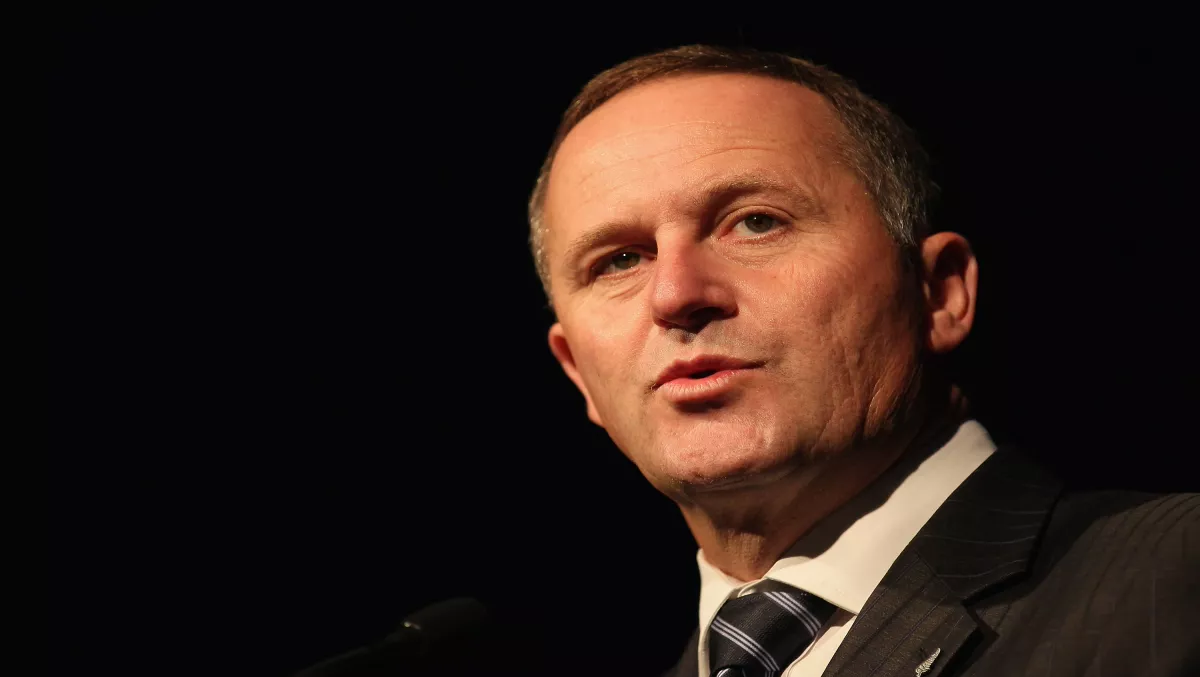
Key hints at Chorus contract renegotiation
Prime Minister John Key appears to be holding the door open to renegotiating the price at which Chorus undertakes its part of the national roll-out of fibre-optic cable under the government's ultra-fast broadband project.
Speaking after Cabinet, Key told journalists the government had "a number of options" for dealing with the billion dollar hole blown in Chorus's earnings between now and 2020 by the Commerce Commission's decision to far larger price cuts for existing broadband services than expected.
However, slowing down the UFB roll-out is not an option, Key said, and nor is a capital injection of taxpayer's funds to shore up Chorus's balance sheet.
Asked whether the contract price could be renegotiated or a greater role for the government's implementation agency, Crown Fibre Holdings, Key said: "There's a range of potential options there. I'm going to go through which the best ones are and which ones aren't. It's all about us seeing what financial position they are in to actually honour their contract.
"But given they were proposing to use what would have been much more significant earnings than in theory they are going to get post-December 2014 to fund UFB, that would indicate that's a problem at the moment."
He would not be drawn on what other options exist, but appeared lukewarm on suggestions the government's Crown Fibre Holdings might pick up a greater share of the job, while leaving open the possibility of a contract renegotiation with Chorus.
Key also claimed the government had known for months that it wouldn't be able to force legislation through Parliament over-ruling the Commerce Commission's decisions on cutting the price of access to unbundled bit-stream access (UBA) for broadband services based on existing copper wire technology.
"You'd have to be blind Freddy not to be able to see that you've got to get a whole bunch of people voting for something which would be portrayed as voting for higher internet interconnection charges."
The government was now waiting on a report from Ernst & Young Australia, due this Thursday, to decide a way forward.
"From the government's point of view, we need to see that report and see what our options are moving forward. All I can tell you is we are committed to the UFB rollout and we need to find a way through that," he said.
The government's escape clause for paying more for a UFB roll-out appears to be to blame the Commerce Commission for making a determination on UBA prices that no party had foreseen.
"All I can tell you is when Chorus signed the contract with CFH, its share price didn't dramatically halve, did it? Everybody knew there was regulatory risk. No analyst, the company sat there and credibly thought such a direct impact on their earnings could take place.
"One assumes if they had, the directors wouldn't have allowed the company to sign the contract, that the analysts would have put out negative outlooks, the rating agencies would have done something about them. No one anticipated the magnitude of the fall," said Key.
While Chorus was launching a judicial review of the commission's pricing decision, that would be a "very long-running process" and would not meet the government's intention to maintain the intended pace on its flagship policy to bring world-class internet speeds to New Zealanders sooner rather than later.
By Pattrick Smellie - BusinessDesk

